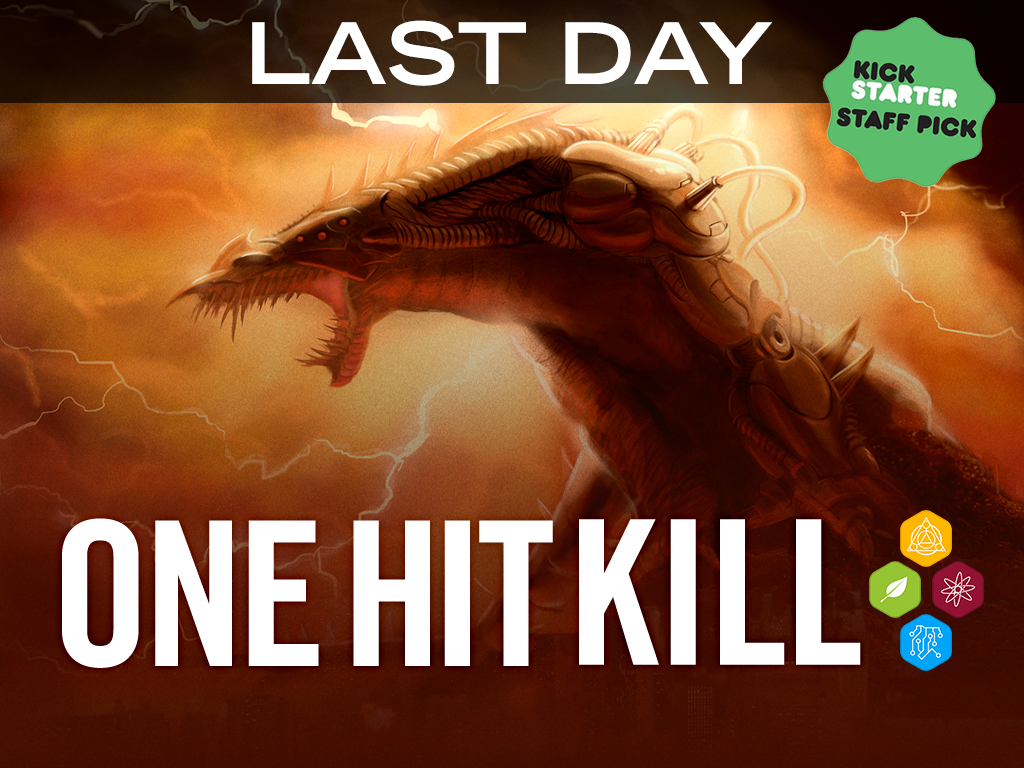Devin Faraci writes about the strange death of a [certain character in Jurassic World](http://birthmoviesdeath.com/2015/06/15/the-strangely-cruel-and-unusual-death-in-jurassic-world) (spoilers in the original article, but none here):
> I would say it’s the most horrible death in the movie. It’s well-executed (oddly this could be the only set piece in the movie that is structured in a way to actually give weight and meaning to the action within it) but that execution only adds to how deeply disturbing it is. It’s possible that this is the most horrible death in the entire franchise, or at least that it is running neck and neck with the death of Richard Schiff in The Lost World. It’s gruesome and it’s painful and it’s protracted.
> But, like, it’s a dinosaur movie! That’s what should happen, right? Sort of. Here’s what’s important to understand – and what Jurassic World does not understand – the deaths of your characters must be proportional, unless the unproportional nature of the death is, in and of itself, the point.
I saw Jurassic World over the weekend, and this one death also stuck out for me, because it didn’t feel deserved. Faraci tries to unpack what we mean by “deserved.”
> Most often the character killed in these scenes brings about their own demise through their selfishness or cowardice. Evil characters also deserve it, and we find it truly satisfactory when they are destroyed – the bigger the bad guy, the more extravagant the death we want for them.
Death isn’t just for villains, obviously:
> A good character can suffer a horrible death when saving other characters, or they can suffer a horrible death that is intended to illustrate just how bad the bad guy/monster really is. Predator is a great example of this, where characters we like get absolutely slaughtered. The key to all of these deaths, though, is that we feel something on some level. These aren’t slasher movie deaths, where the kids are glorified examples of background fodder getting offed – you will feel sad that the character died or proud that they stood their ground.
What makes this one death in Jurassic World so odd is that the character is neither hero nor villain. We’re not rooting for comeuppance, yet the sequence seems designed for exactly that — payback for a karmic debt owed.
I agree with Faraci that it feels like something got changed along the way. My hunch is that this death was originally intended for a villain — perhaps the same character, but with different scenes establishing gruesome-death-worthy motives — or that the sequence was originally designed to serve another purpose.
Or maybe it was always meant to be exactly how it plays in the movie, a giant WTF? On some level, I could respect that. The scene is noteworthy because it is so unexpected.
The movie I’m writing now has a considerable body count, so the question of who dies and how isn’t just theoretical.
Early deaths help establish the rules of the world. Late deaths create closure. It’s the middle deaths like this one in Jurassic World that are often the most challenging. Too mean-spirited, and you risk turning the audience against you. Too generic, and you’ve lessened the stakes for your hero.
Perhaps the key thing is that on-screen deaths should have an impact on the hero. When an established character dies just so the movie can kill someone, it feels hollow.

